Journal: Farewell Zug, Nostalgia & Ökihof Kindness

Please note: this post has been adapted from raw notes within my personal journal, hence it will be a little more helter-skelter than conventional posts.
Time is something I often ponder about during the thresholds between life's seasons. Something that is very much my reality now, as my family bids farewell to Zug in Switzerland and enters into a new chapter in New Zealand. As I write this, I'm sitting on our flight to our next destination, reflecting on the memories formed, but also the absences that tend to haunt a traveller or an expat. Nostalgia is a vice that can choke our ability to appreciate the present and embrace change. Something that I have had to personally confront in the past. Memories in distant lands are like the entrails of silvery white clouds outside my window, illuminated by the light of the peoples that shared those memories. Whether neighbours on our street, the folk at my local Okihof, parents at the bilingual school (SIS Rotkreuz), fellow Rugby admirers at Zug Rugby or the church communtiy at LIFT in Baar; these are the relations we will cherish and miss.
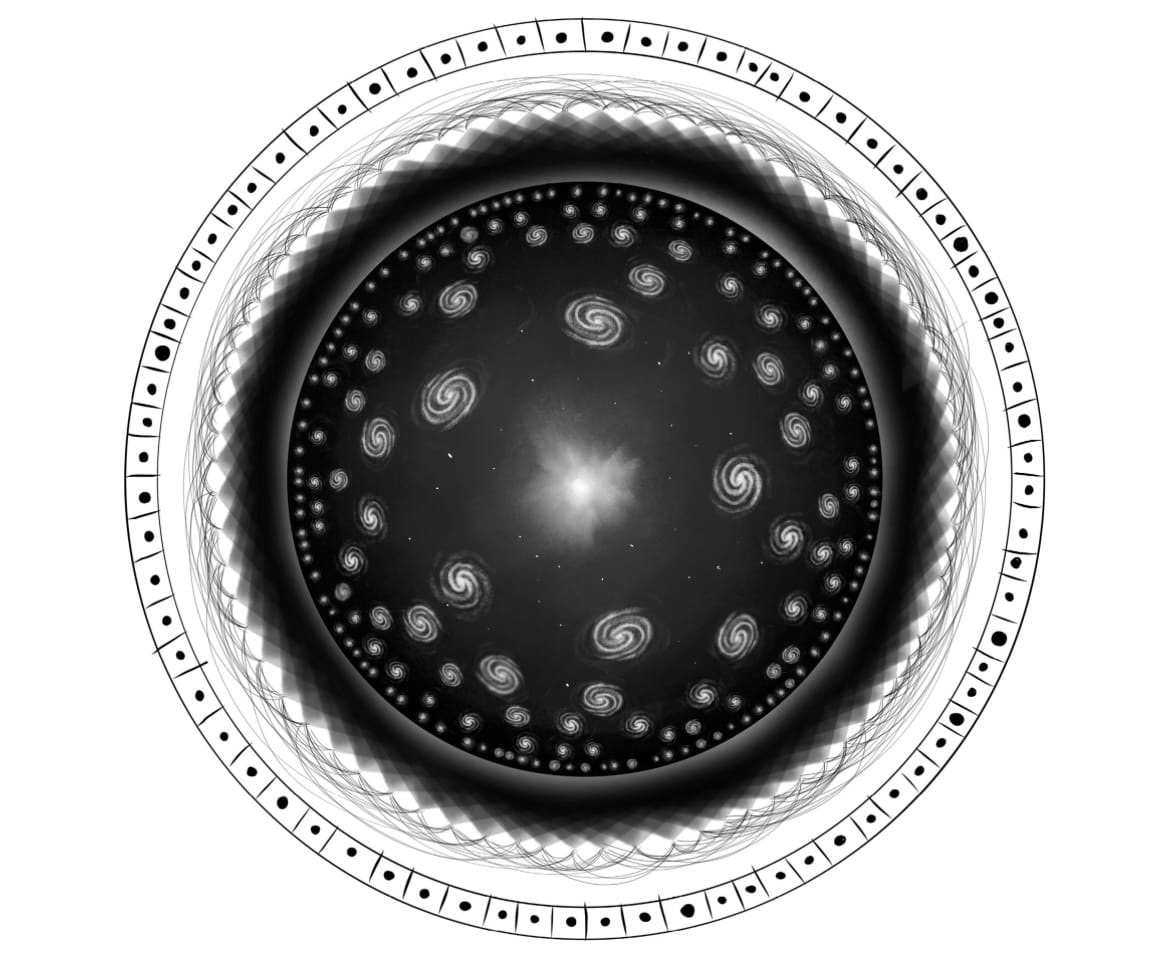
I’m reminded of Ecclesiastes 7:10, which states, "Do not say, 'Why were the old days better than these?'" For in clinging to the past, we risk losing the present. But I feel that our linear appreciation of time is a fallacy and from our baryonic perspective, we are unable to sense its circular nature. Psalm 139 seems to tell us that each moment is a unique etching upon the fabric of our existence, not confined by a linear sense of time but inscribed eternally onto the boundary of our reality, much like the enigmatic encoding of information at the horizon of a black hole. I also believe those memories we create are etched into the film of that particular land, its geo-narrative. There is an aspect of them that is bound to the stone of that place, as witnesses to the past. But equally, we can also carry our memories with us, like strorehouses of film-rolls that can only be accessed by their co-creators. Memories are elusive and are seemingly not at the mercy of the Planck scale, their informational nature enables them to escape the contstant entropic flow of time. No story is ever lost, whether by some form of Hawking radiation or not, information is always conserved. Quantum field theory informs us of this.
“But any life that is vigorous and open to challenge and compassion and the real activity of thought knows that, as we journey, we create many tabernacles of absence within us. Yet, there is a place where our vanished days secretly gather. Memory, as a kingdom, is full of the ruins of presence. It is fascinating that, in your memory, nothing is lost or ever finally forgotten.” (Walking in Wonder, John O’Donohue)
Prior moves have taught me that its the animated baryonic matter, the animatus that are humans is what I will dearly miss, not the inanimate matter of the Swiss Alps, despite their known beauty and grandeur. A mountain does not laugh, embrace or smile, it just is. Its conversation with the landscape is one of non-conscious laws, patterns and flows. A conversation that we are not able to commune with beyond a superficial level. I say this as person who tried to disprove this notion. I spent many an hour gazing at Riggi and Pilatus, which were visible from from our living room, but they never as much uttered a word in return. But this never robbed them of their grandeur, their beauty could be appreciated as guardians of security and permaneance. Their grandeur is also humbling, since they remind us of the sheer breadth and depth of nature - useful guardrails for our anthroprocentric egos. On a fundamental level, a mountain is merely an assamblage of miniscule pendulums, an orchestra of informational quantum fields respresented as quarks and electroncs, which constitutes its delightful greens, blues and whites in our eyes. But information has a habbit of occupying the boundaries, such as where the mountain meets the sky. Much like how the full story of a black hole adorns its horizon, the mountains of Switzerland nestle her horizons and narrate the complete stories of light and water in her valleys.
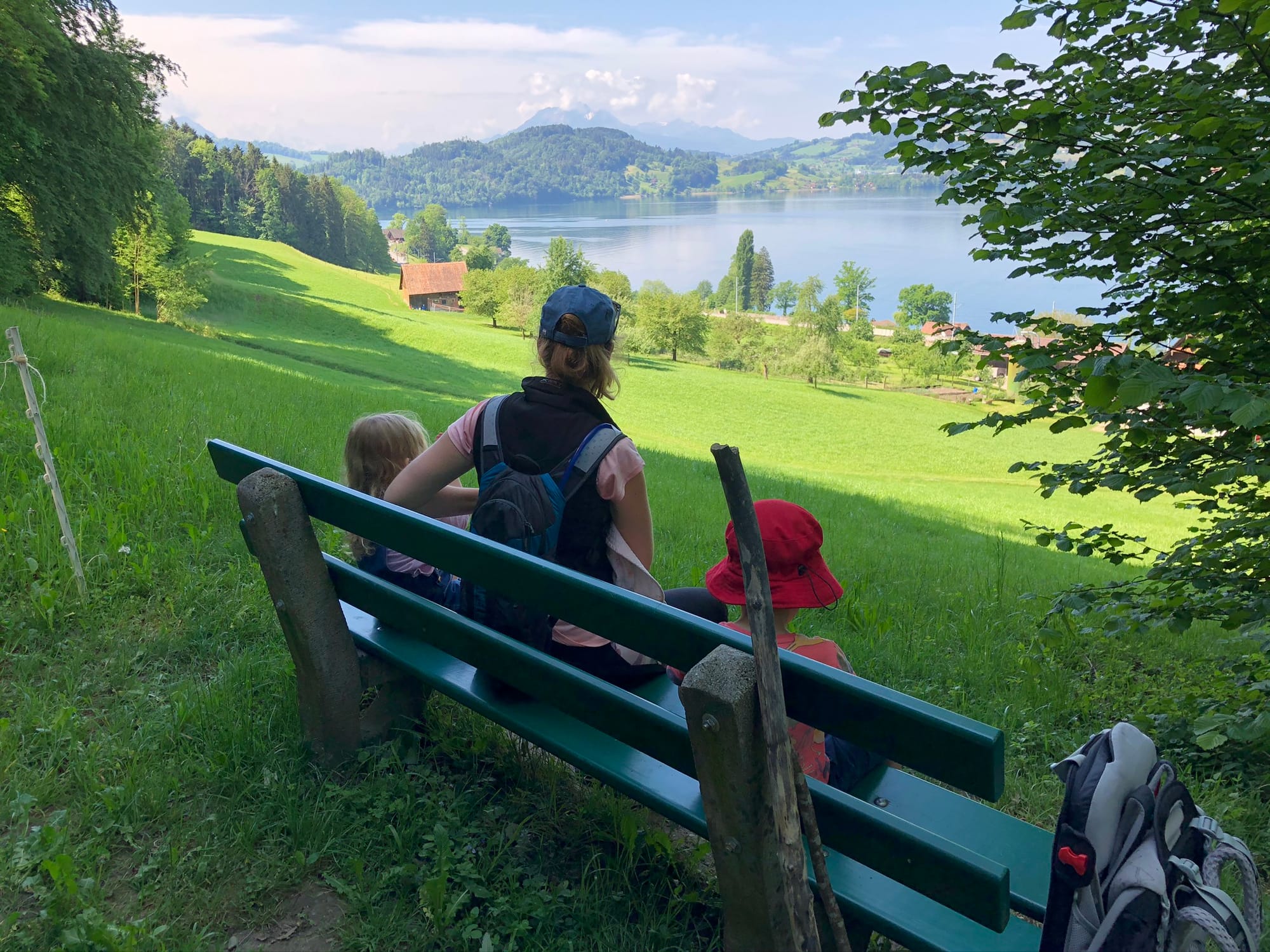
Time's immaterial nature yields it an essence that is beyond familiar, but equally, it commands a primal role in orchestrating the flow of our lives. Life seems to flutter by, often without rhyme or reason for the human observer, but with an elusivity that gives it the resemblance of a pilgrimage. In each season there is a wonderful lesson for us, and with humility, we can internalise the wisdom that is freely offered to us. My lesson in Switzerland was all about appreciating the present and not be held captive to the past, namely nostalgia. We also faced great trials in Switzerland, which were likely echoed by millions of thers during the isolation of COVID-19. During this time we tragically lost a baby, and one of the hardest aspects about leaving Switzerland was to move away from the vicinity of her grave in Lucerne. It felt like we left a limb there.
Suffering is truly a terrible paradox, but I find some speckle of solace in the Bible‘s assertion that our reality has chaos and is truly irrational. As Ecclesiastes 9:11 reminds us, "The race is not to the swift, nor the battle to the strong, nor bread to the wise, nor riches to the intelligent, nor favor to those with knowledge, but time and chance happen to them all." The concentration of wealth in tax havens like Zug, felt like a form of meaningless vanity. In the pursuit of Asabiya—the collective solidarity that transcends self-interest—we find the antidote to this vanity, realizing that true wealth lies not in the accumulation of riches, but in the neighborly kindness and mutual support that sustain the fabric of communities. Tax havens, much like the value streams of shell companies, sell Nirvana like hollow bananas to a monkey.
Upon reflection, we are thankful for our time in Switzerland and there were indeed many good memories formed. I am also very thankful that there was a wonderful community of Ausländers there to welcome us. But equally, I soon realised that this was not a place we could call home, despite us being able to speak German and our children learning Swiss-German. We often felt like Mr Baggins amongst the elves, our point of origin was deemed an unsurmountable barrier to local acceptance and belonging. But despite this, I can say that relations were mostly amicable. Something I certainly did not expect upon first arrival and it stood in stark contrast to our years in other places such as Sweden and Australia. A paradox indeed. It may be that Switzerland is full of elves guised as humans, which may explain their very special relationship with time. To them, a year passes like the day, but at other times, the minute equates an hour. Trains are rarely late and punctual to the minute, but one can unfortunately wait years for an encounter with the locals that goes beyond „Grüezi“. This consistency is naturally highly practical for commuting, but the sheer lack of heartfelt spontaneaity left one yearning. I had no idea that small-talk was so ingrained in me from my own culture and upbringing. A hobbit is always a hobbit it seems. Unbeknown to me, but I derived great joy in that half-baked joke at the grocery or an interesting conversation with a stranger on the milk run. An experience that was now reserved for the occasional Guiness catchup at Flanagans (the local embassy for all celtic folk) or the holidays.
But this never stopped me from trying. I once recall being outside the coffee store in Zug, whereby I bought my coffee beans. The door was open and a cheeky ray of sunlight drew a pathfrom the entrance to the owner, reading the newspaper behind the counter. I start an empathetic conversation in my colloquial-German, but it was a brief endeavour. My attempt at klein-talk soon became kein-talk, whereby the owner reminded me there were three minutes until opening and until that point, reality beyond his newspaper did not exist. However, this was much better than the response we often noted when entering our favourite coffee shop in the true Rivendell, Lauterbrunnen - a sigh from the owner. Maybe the rural subsidies are so good that customers are in fact not needed. Once again, I felt that my concept of shared time was not coherent with the local perception. Was I somehow moving too quickly and my seconds were dilated, which biased my appreciation for timeliness, spontaneity and small-talk (Einstein’s patent office is only an hour away in Bern)? My shoes were tidy and my car registration plates number was less than 100,000 in Kanton Zug (a Swiss “thing”), so it must be about the perception of time...Switzerland indeed remains an enigma to me.
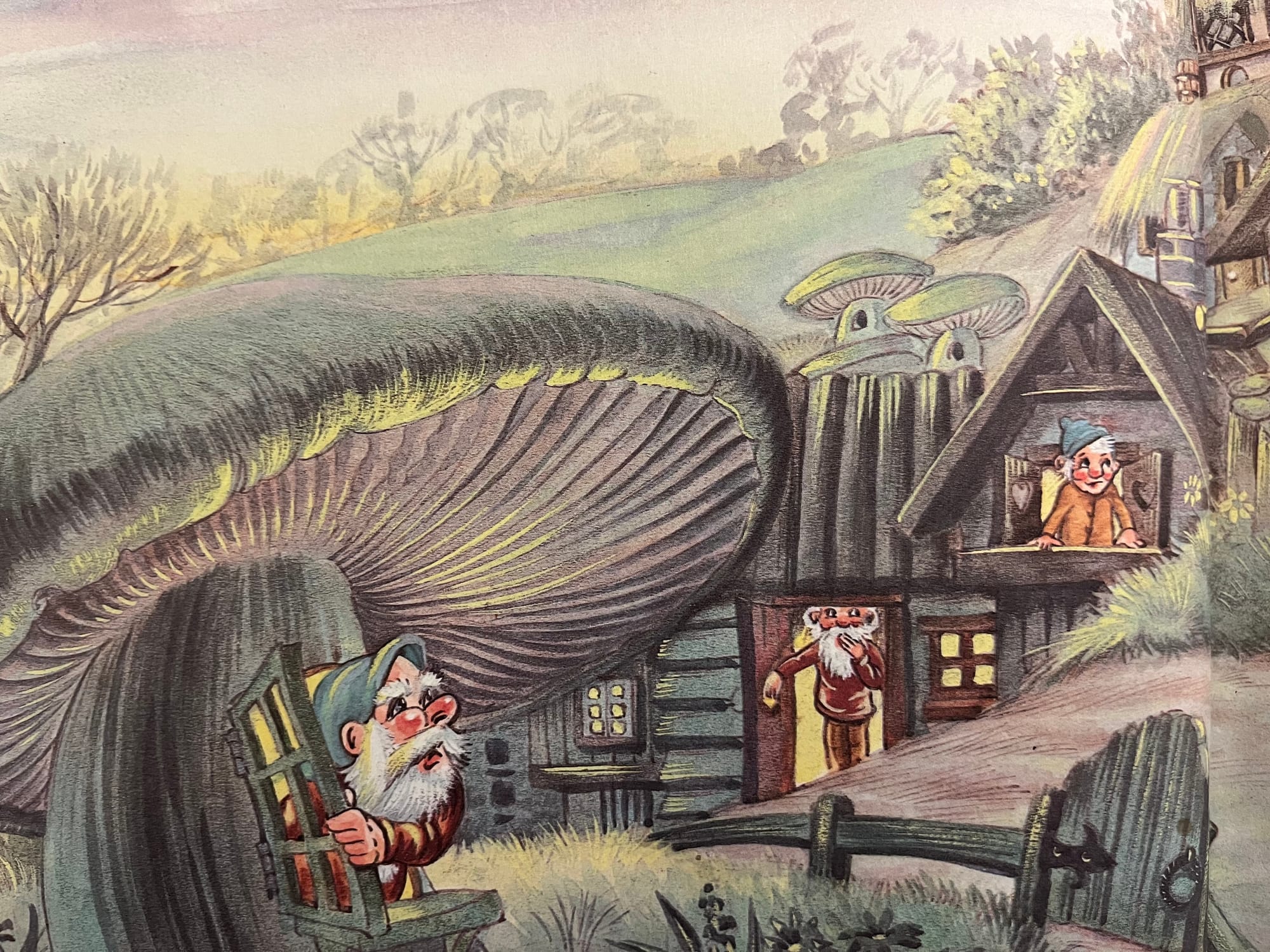
Despite these rather silent encouters, I also experienced Swiss hospitality. In my attempt to meet the locals and understand their culture, I joined the local choir in the village of Oberwil bei Zug. After all, singing is as important as walking in Wales. After a few attendances I befriended a delightful gentleman called Tony (this was his nickname), and he ocassionally invited me into his apartment after choir practice. Now retired, Tony was approximately 40 years my senior and had lived a very intersting life as a highly skilled electrical engineer. In his working life he became an expert in certain electrical systems and was seconded to various parts of the world on projects basis - he was certainly well-travelled. We would talk about philisophy and often discuss the nature of electrons and future electrification trends. It was lovely to meet such a kind person, who also took the time to explain the nuances of the Swiss culture to me over a glass of brandy. Unfortunately, due to the arrival of our third baby and some studies I undertook, I could not continue in the choir and I saw Tony less. But these brief shared memories I will cherish. Tony, if you read this, thank you.
I also recall another nucleus of kindness during our time in Zug and that was the Ökihof in Steinhausen. It was not the closest recycling centre to me, but during COVID, I was willing to drive a bit further for a warm exchange. During the time when we lost Rosie, we were very down-hearted for several weeks and in many ways, it was componded by the restrictions and islocation from COVID-19. During this time, our movements were essential-only and the trip to the Ökihof (the recycling center) became a regular excursion. During these brief outings, I would often process my thoughts, aiming to return home to the family with greater clarity and strength. However, as often is the case in life, we often cannot do such feats of reconciliation alone. Every time I entered the Ökihof, there were two individuals, A & R (names obfuscated) who consistently greeted me, smiled and exchanged a few warm words. They had no inclination of the grief I was confronting, but their consistent act of warmth and kindness was enough to spark the embers of reconciliation and healing in my mind. This was an invisible exchange from their perspective, and only a few weeks before I departed did I thank them for their kindness to all who frequented the Ökihof (myself included), regardless of where they came from. If you every read this, thank you gents.
“There are no great things, only small things with great love.“ - Mother Teresa
I also experienced being asked if I was mad swimming in the lake during a snowy January (I became fond of cold water swimming) and my car being pulled out from the Snow by a tractor (and befriended farmer) on the top of Zugerberg, incuding the violin shop owner in the cobbled-street old town telling me and my son, without a whiff of Hogwarts-irony, that "the violin often chooses you". Priceless. There are countless other gems also, too numerous to recount here and mostly involving moments of joy shared through the kids in the daily pattern of their lives, whether through sport clubs, ballet or otherwise.
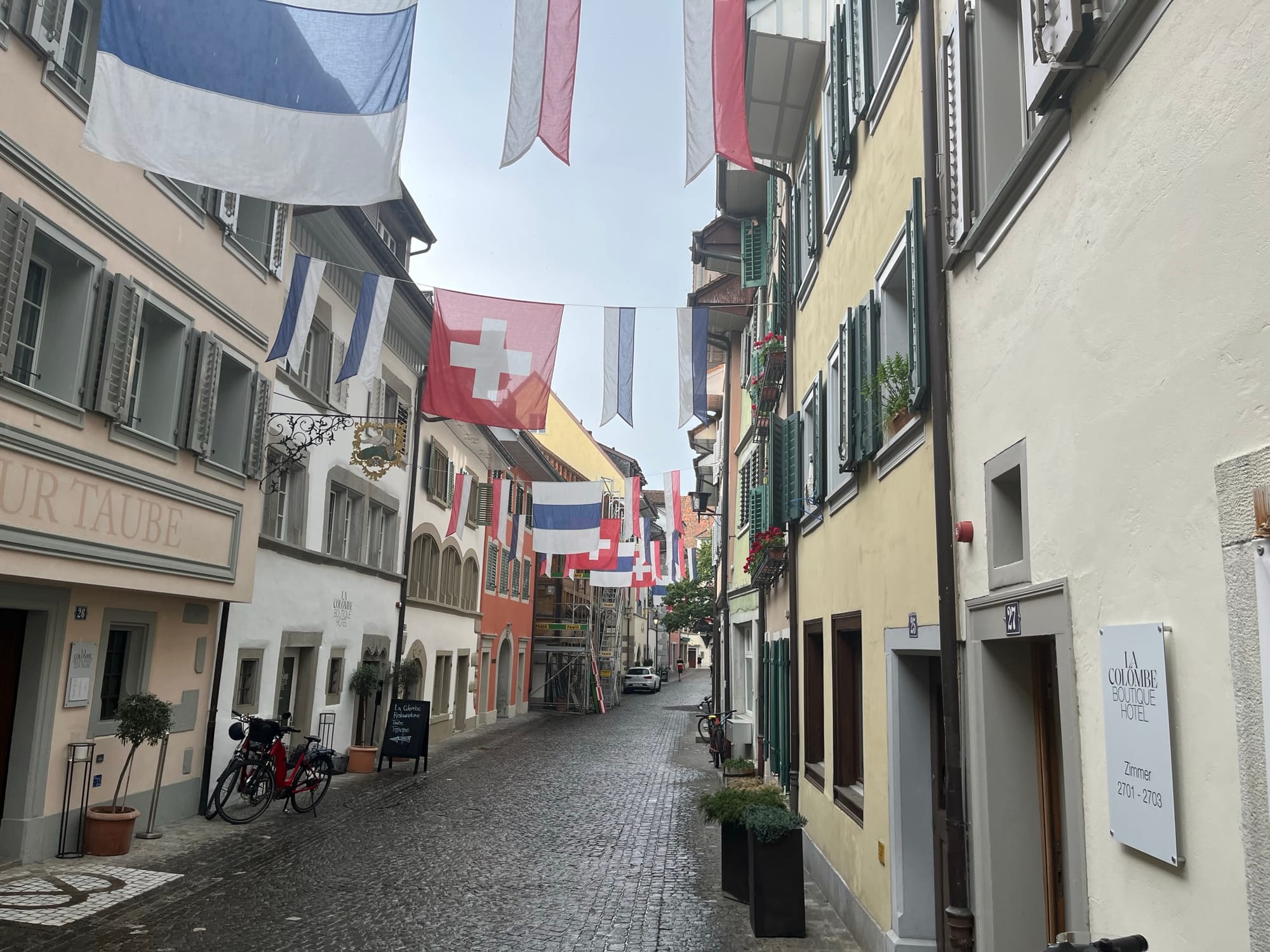
I depart Switzerland, much like a cow untethered from the „Melkscheunen“ (apparently the local term for our apartment block), I depart as a thankful traveller, as one who has witnessed her beauty but is drawn away by the greater force of Cynefin. Authentic belonging is one of the most powerful desires of the human heart and is one of the few things that equity and low-taxes cannot aquire. The world is full of beauty, and it’s comforting to know that our perceptions of such beauty are never truly lost. Our reality is a projected one, whereby our senses render mass and size, but beneath it all, as John Wheeler noted, “Every physical object, every ‘it,’ ” he wrote, “derives its significance from ‘bits,’ binary yes-or-no units of information.”
As we journey through life, we create new information in the form of geo-placed memories. But if the holographic principle, Penrose’s Orch OR, Hawking radiation and dualisms in mathematics (see works of Juan Maldacena) are anything to go by, our memories would likely be conserved and inhabit a timeless place (as also suggested by Psalm 139:16), a fractal boundary of some kind. Akin to an anti Mercator-effect where regions near the boundary look too small (as opposed to too large on a Mercator map of Earth’s surface). Our perceptions of reality is so contingent on the observer effect, which parallels the Māori concept of Tūrangawaewae - that our own reality is both an intricate external network of interdependence with our locality that is rooted in our sense of internal time.
“In the concept of tūrangawaewae, the external world is a reflection of an inner sense of security and foundation. The mountains, rivers and waterways to which one can claim a relationship also express this internal sense of foundation.” Source: https://teara.govt.nz/en/papatuanuku-the-land/page-5
We are beholders of our own sense of “time” within an ocean of uncertainty. Time is something very hard to visualize, but visualizing it’s twin, space, is easier to do. The map below shows how our position on earth can be projected, which can warp our perception of land area - which parallels the relativism and projection of time within de Sitter space. Time is a dimension that our baryonic bodies are bound to, but our memories can be free from its reach. Just like how an ant may believe the world is flat, dimensions are not absolute and they can be lost or gained.
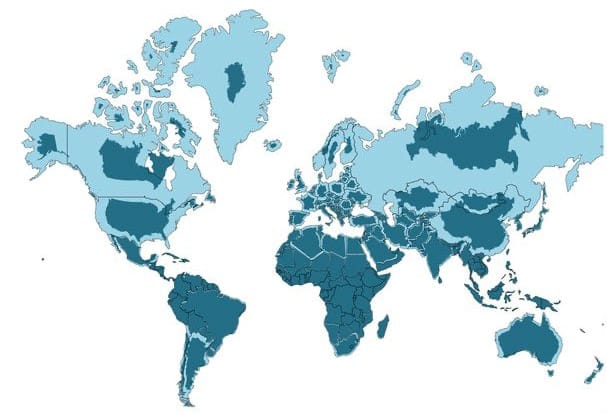
“We are living in a patch of spacetime, surrounded by an ocean of uncertainty about which, well, we must remain silent.” - Hertog, T., On the origin of time: Stephen Hawking’s final theory, Bantam Books, 2023
As an addendum of some sort, we should be cautious in projecting our past memories, since past information can be easily tempered with. This is partly the reason why I journal certain things also. I rather dislike generalisations since reality is far too complex for such simplistic inferences. And rightly so, my account ought not to be extrapolated beyond what it is, my family's story. There likely exists a story that is an antipode to ours, with both peaks and troughs. There is beauty in all crevices and under every stone in earth, but sometimes, we need to grow in ourselves before we can receive it.
Auf Wiedersehen, Schweiz.
